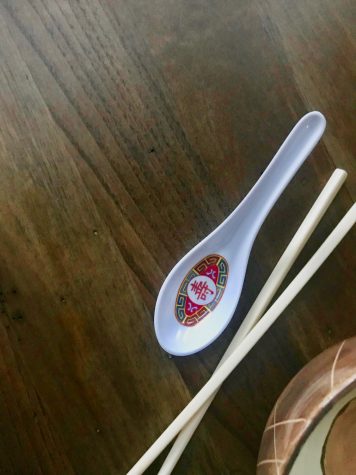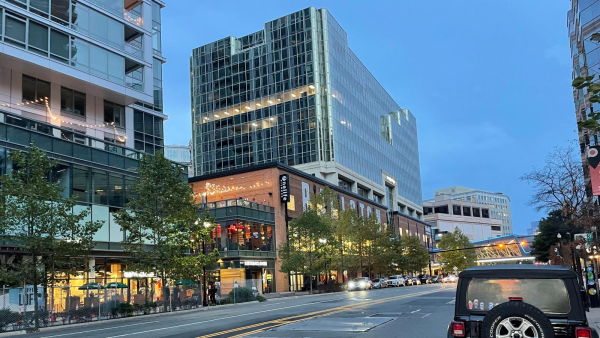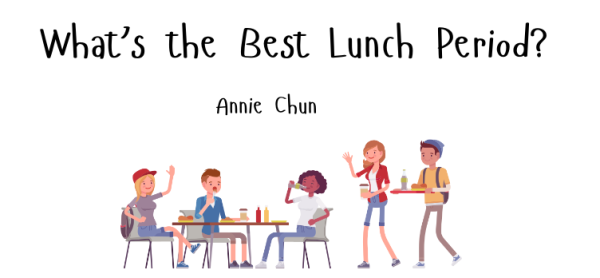Cultural cuisine: a sense of home
A narrative of the importance of food and culture
 In the small talk and common utterings of how important food is in our lives, it is true that food bears a more meaningful and extensive connotation. To many, it’s nourishment is a catalyst of energy and health. It can also be a source of joy and happiness or nostalgia and reminiscence. Further, it’s a conversation piece, an evolution of millennials, and to many— including myself, it’s a representation of culture.
In the small talk and common utterings of how important food is in our lives, it is true that food bears a more meaningful and extensive connotation. To many, it’s nourishment is a catalyst of energy and health. It can also be a source of joy and happiness or nostalgia and reminiscence. Further, it’s a conversation piece, an evolution of millennials, and to many— including myself, it’s a representation of culture.
Every day when I come home from school, my mother will always have separate dishes at home waiting for me and my younger siblings. Kicking off my shoes and happily frisking into the kitchen is my usual routine. And before me, on the counter, there is an elaborate spread of dishes, ready for me and my brother and sister.
Yesterday, it was shrimp shumai dumplings for me and hot dogs for my brother and sister. A few days ago, it was a sweet Vietnamese omelet called banh xeo next to a fresh dish of chicken nuggets. Another day, it was a canh chua Vietnamese soup and a doggy bag of elevation burger full of burgers and fries, again for my siblings. My brother and sister have a refined taste for food and lack of tolerance to Vietnamese dishes. They prefer the safety of American fast foods over exotic tastes. At a young age, I was similar; but I do wonder when I grew out of those restricting boundaries.
Meanwhile, my mother always ensures that we eat and we eat well, for she deems herself responsible for ensuring everyone is properly nourished. She has never been extremely pressing on our diets or has taken offense when someone refuses her food. Somehow, I’ve developed a taste of our Asian cuisine and to this day prefer it over American food, while my siblings are precisely the contrary.
And at times, I feel that this is the only bond I maintain with my heritage. I can no longer speak the language, and because of this, my dialogue with my grandparents is feeble and brief, leaving me vocally debilitated when I wish to communicate with them. I no longer celebrate the holidays, because my academic responsibilities and ignorant perception have seemingly taken priority over such trivial celebrations. I don’t plan to have the same cultural wedding ceremony nor will I be able to teach my own children the language of my ethnicity. Further, I am a klutz in the kitchen, I can’t discern the ripe and not ripe vegetables, I have to use small knives because I am scared of the big ones, and the best thing I can cook is scrambled eggs. Yet, I devour every dish every evening and hold myself to a promise that one day I will compile a recipe book and one day will make something more than scrambled eggs.

Welcome to the Oakton Outlook! This is my fourth year of writing for the school newspaper and my second year of being an Editor-in-Chief. We have an amazing...







